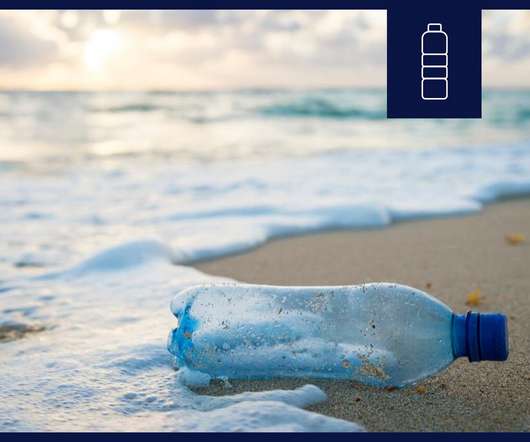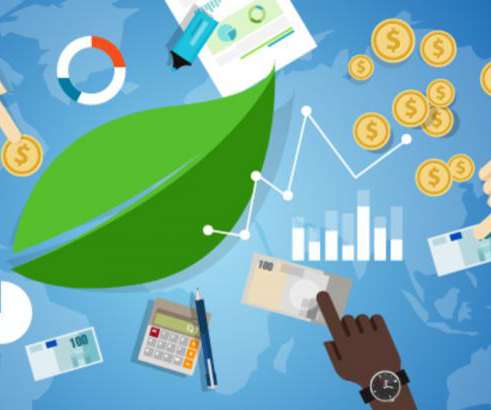How Blockchain Technology Could Reduce Plastic Waste
Mr. Sustainability
MARCH 16, 2021
‘Non-Fungible Tokens’ (NFTs) could serve as a material passport across the plastic supply chain, by Robert Weegenaar Summary - Blockchains are proving extremely useful for tracking materials across all sorts of supply chains and creating transparent and immutable audit trails. Crypto’s are HOT at the moment. What are NFTs?














Let's personalize your content